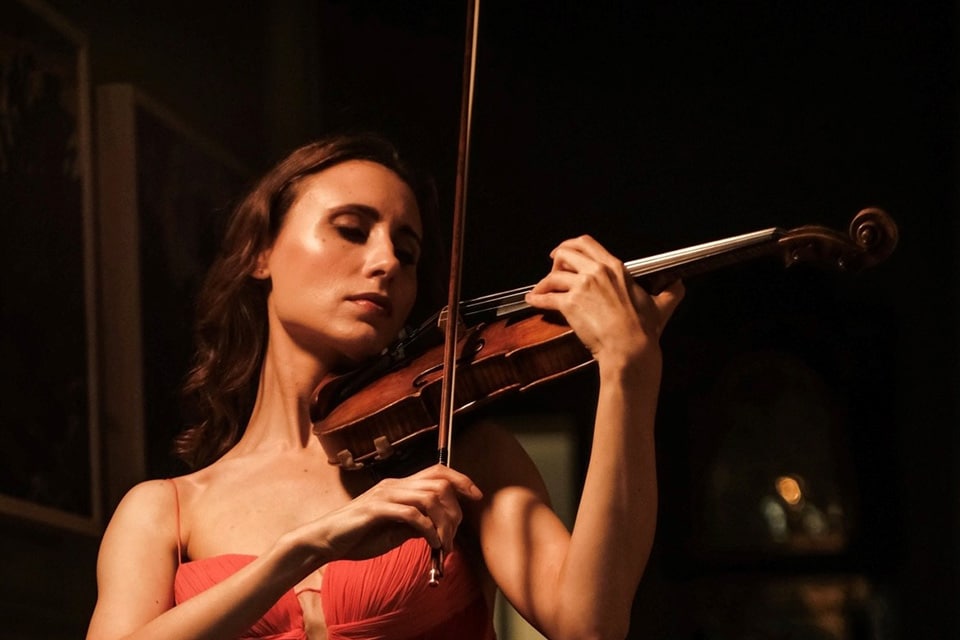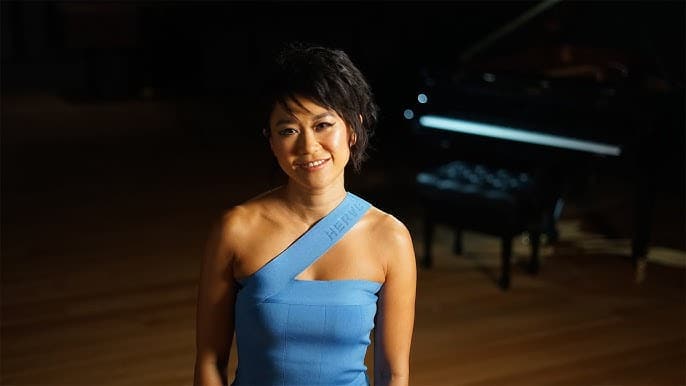How to hire a music director? Let’s form a really big committee
mainThat’s what the Montreal Symphony are doing. Not sure it’s the best method to buy a Volkswagen.
Here’s the blurb:

Three months after revealing the end of Kent Nagano’s mandate as music director of the OSM in 2020, the Orchestra announces that the process enabling it to find a future music director is under way and that a prestigious search committee has been formed, which met for the first time last week.
The search committee will make its recommendations to the Orchestra’s executive committee. No deadline has been set for determining the choice of the next music director.
The committee will be chaired by Suzanne Fortier, principal and vice-chancellor of McGill University, and have as its senior advisor Zarin Mehta, a great executive who served as managing director of the OSM from 1981 to 1990, then as executive director of the Ravinia Festival (1990-2000) and of the New York Philharmonic until 2012. The seasoned players making up the committee hail from the music scene both local and international (Europe and the U.S.). They are Laurent Bayle, executive director, Cité de la musique-Philharmonie (Paris);Madeleine Careau, chief executive officer of the OSM; Pierre Goulet, former president of Jeunesses Musicales Internationales, current chairman of the board of the Festival d’Opéra de Québec and member of the OSM board of directors; Ara Guzelimian, dean and provost of the Julliard School (New York); Richard Lupien, president of the Jeunesses Musicales Canada Foundation and president of Pro Musica; Alexander Neef, general director of the Canadian Opera Company (Toronto); Isabelle Panneton, dean, Faculty of Music, Université de Montréal; Nancy Rosenfeld, president of the Claudine and Stephen Bronfman Family Foundation and member of the OSM board; Andrew Wan, OSM concertmaster, along with two musicians of the Orchestra appointed by the musicians’ committee: Ali Yazdanfar, principal double bass, and Todd Cope, principal clarinet. Their recommendations will be made with an eye to the future, but bearing in mind the importance of continuity.





This is NOT the way an American orchestra would a music director search! But maybe it should be: have a group of mainly outside music pros make a decision, then pass it on to the board of directors( none of whom are music pros) and – hopefully – have the board rubber stamp the recommendation.
Wow…what a concept!
Music Directors should always be chosen on their ability to fill seats…nothing else matters. If they cannot fill seats (100%), what is the point of carrying on? Anybody can wield a baton.
It blows my mind that after all these years JUILLIARD is still misspelled 98% of the time. J-U-I-L-L-I-A-R-D.
What exactly is your gripe with this? The composition of the committee? The size?
You need to hire someone, you form a hiring committee; that is standard practice, no?
Surely music directors should be chosen on their ability to make fantastic music – and therefore the musicians themselves should have a greater say in the process…
Hilarious…. it sounds as if there is nobody around who is competent enough to take such decision.
With everything that has to be decided anywhere about anything, the more people are involved in the decision process, the more likely that something like an awful, mediocre compromise will be the outcome with which no member of the committee is really happy. We know that the camel is designed by a committee, so this orchestra will have to be prepared to be led by just that animal.
The problem with group decisions is, that if something goes wrong, nobody is responsible. It is much better to have one person in charge of the decision and taking responsibility, with possibly some advisors without any responsibility and without any interest in the outcome. And then, you can never please everybody with everything, so one person taking responsibility is simply keeping things reasonably clear and transparant.
The only ones who know which conductor gets the orchestra to play better than its best are the members of the orchestra. Administrators should be avoided at all costs. They are very often failed musicians.
A 12-member committee for choosing a music director is not unusual in my experience, but I’m surprised at how many of the members are from outside the organization. I wonder if they’re trying something new, or if this is how they always do it? Anyone know what the committe makeup was when they chose Nagano?
Orchestras need to *halve* their admin staffs.
… and *work* instead of planning parties, reaching out, educating, issuing news releases, sucking up to ignorant donors, writing proposals, designing, advertising, and endlessly meeting. Many efforts are so heavy on their own admin that the cost-benefit is a wash, and all the while the vital subscriber bases — nationally — are eroding. Slash the outlays, slash prices, end the crossover crap, reduce the number of concerts if necessary, and focus all energies on filling the house on the basis of a season’s involvement by the listener.
Figures, please, to back up these ludicrous assertions?
…and for Christmas, everybody gets a pony.
What a nightmare. No, this is not an efficient way to choose a successor. A strong candidate would shy away from an organisation that so obviously does not have a clear understanding of what it is looking for in its next musical leader / does not trust its own judgement. One, at most two outside sources for ideas, suggestions, fine. But those outside sources should know Montreal and the orchestra extremely well as a music directorship’s success depends so much on the chemistry with both musicians, place, business community and audience. When did Laurent Bayle last attend a subscription concert in Montreal?? How many promising guest conductor performances with this particular orchestra have the outside experts heard in the past 5 years? Would not be surprised if this decision by committee resulted in a mediocre result. What a shame.
This is how America deals with education: form committees that don’t include anyone who has ever stepped foot ina classroom (current ed sec is example). If Montréal’s similar experiment turns out as well as America’s public schools, maybe MSO will be competent enough to play “Hot Cross Buns” in a few years.
Thanks to God, that at the least the Berliner Philharmoniker and the Gewandhausorchester musicians decide 100% autonomous for their Chief Conductors. This is surely the very best method.
1) If I summon a large committee like this, I may as well include a few record companies, and Lang Bang Lang too. Nobody says no to what Lang Bang Lang & Decca/Polygram/DGG would say nowadays. 🙂
2) This is like having a large committee of diverse, strong-will socialite persons to pick one evening dress for the chairperson’s wife to wear. Good luck with that.
3) Orchestra musicians know best on who’s most qualified. Orchestra musicians shall make a wish list, then the management shall handle the logistics of implementing that. But some orchestra managers are just trying to be too smart for the organization’s own good.
Some curiously uninformed responses here. The last three times the CBSO was looking for a new chief conductor, a search committee designed to widen the scope of the search as broadly as possible was set up in each case: suggestions were invited from orchestra, staff, audience and the wider industry and public (there was even an email address for suggestions). From that, possible conductors were invited to work with the orchestra: who are never reticent about forming their own opinion and making it known. In due course, they reached a consensus.
It’s got to be a better way of doing it than simply relying on the judgment of any one individual – or simply waiting for major agencies to shunt their clients in front of you. Those without experience of the process can laugh if they wish; but in Birmingham, this is how Sakari Oramo, Andris Nelsons and Mirga Grazinyte-Tyla were discovered and appointed.
Halldor +1
I would say orchestra musicians rarely know what is best for their orchestra. The biggest issue with hiring music directors is whom they will be hiring. How deeply do they understand the orchestra they are coming to and where it needs to go? The wrong players can truly disrupt the course of an orchestra, and its culture, even if it’s only due to their playing the wrong instruments with the wrong sort of tone color. Skill matters, but less than their ear. I know of no conductors today with a great ear for tone color. If he’s willing, my first choice might be Jose Serebrier. How many French conductors truly understand French musical style these days? Dutoit did not. His colors were exceedingly dark and dingy.